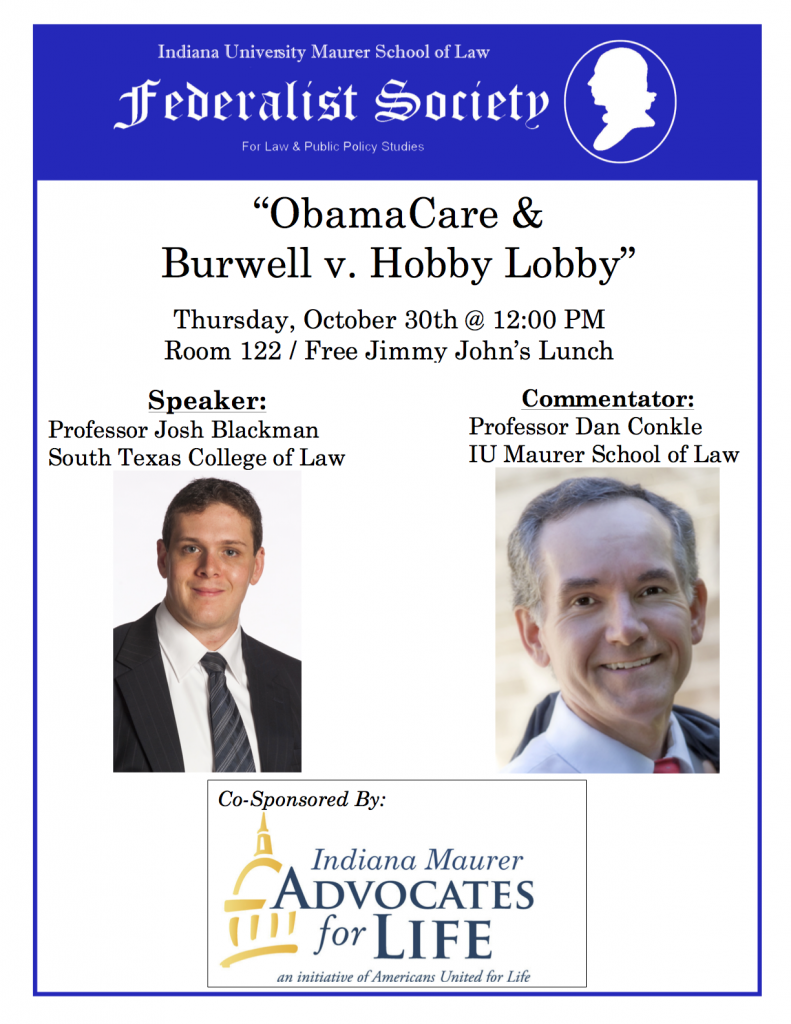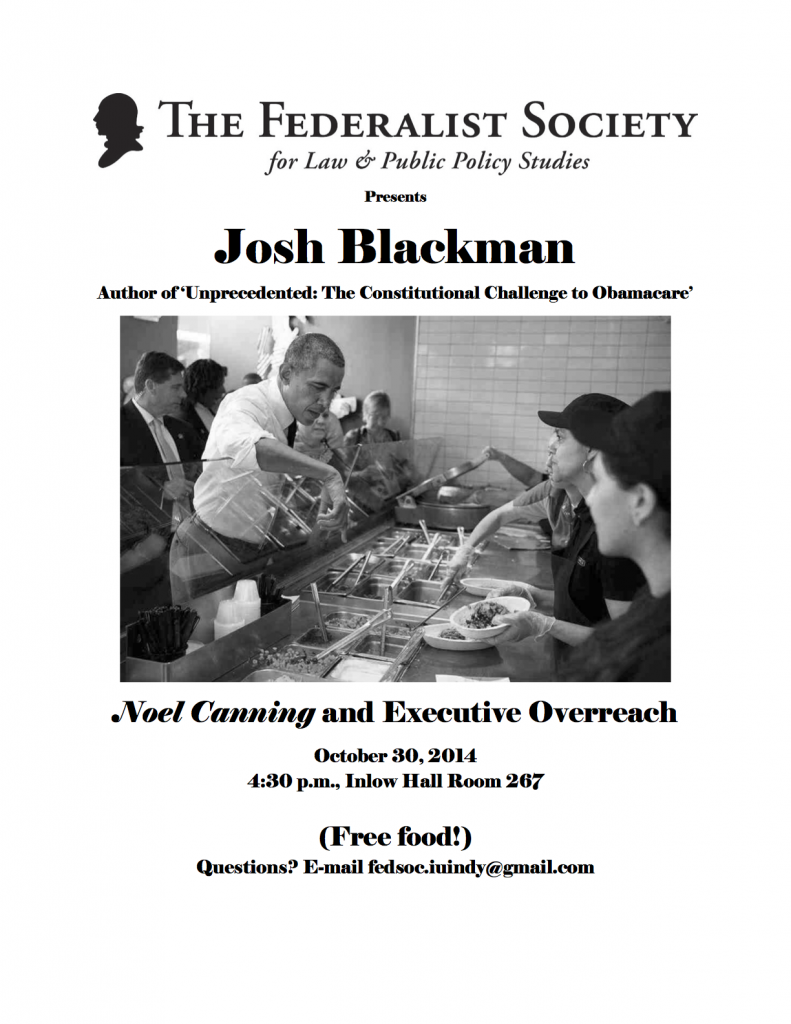The lecture notes are here. The live chat is here.
This is the section of the Texas code that governs equitable distribution of community property after a divorce:
Sec. 7.001. GENERAL RULE OF PROPERTY DIVISION. In a decree of divorce or annulment, the court shall order a division of the estate of the parties in a manner that the court deems just and right, having due regard for the rights of each party and any children of the marriage.
Added by Acts 1997, 75th Leg., ch. 7, Sec. 1, eff. April 17, 1997.
Sec. 7.002. DIVISION AND DISPOSITION OF CERTAIN PROPERTY UNDER SPECIAL CIRCUMSTANCES. (a) In addition to the division of the estate of the parties required by Section 7.001, in a decree of divorce or annulment the court shall order a division of the following real and personal property, wherever situated, in a manner that the court deems just and right, having due regard for the rights of each party and any children of the marriage:
(1) property that was acquired by either spouse while domiciled in another state and that would have been community property if the spouse who acquired the property had been domiciled in this state at the time of the acquisition; or
(2) property that was acquired by either spouse in exchange for real or personal property and that would have been community property if the spouse who acquired the property so exchanged had been domiciled in this state at the time of its acquisition.
(b) In a decree of divorce or annulment, the court shall award to a spouse the following real and personal property, wherever situated, as the separate property of the spouse:
(1) property that was acquired by the spouse while domiciled in another state and that would have been the spouse’s separate property if the spouse had been domiciled in this state at the time of acquisition; or
(2) property that was acquired by the spouse in exchange for real or personal property and that would have been the spouse’s separate property if the spouse had been domiciled in this state at the time of acquisition.
(c) In a decree of divorce or annulment, the court shall confirm the following as the separate property of a spouse if partitioned or exchanged by written agreement of the spouses:
(1) income and earnings from the spouses’ property, wages, salaries, and other forms of compensation received on or after January 1 of the year in which the suit for dissolution of marriage was filed; or
(2) income and earnings from the spouses’ property, wages, salaries, and other forms of compensation received in another year during which the spouses were married for any part of the year.
Here is a recent story, similar to the W.C. Fields case,where a mistress is ordered to pay her dead lover’s wife:
Kathie O’Keefe, a former lounge singer turned political activist, spent two “happy” decades with another woman’s husband and now she’s being ordered to pay up.
When her former lover, Jack McCarthy, died 16 months ago at age 78, O’Keefe made a claim against the estate of the wealthy real estate broker.
O’Keefe, 69, wanted a watch and ring he had given her, and the $200,000 she said he promised her.
Not only was O’Keefe turned down, but McCarthy’s wife of 30 years, Margaret, turned the tables and sued.
Now, according to a court ruling in favor of Margaret McCarthy, O’Keefe owes $200,000, to her dead lover’s family.
“I was really shocked,” O’Keefe said on ABCNEWS’ Good Morning America. “I thought of it as a nuisance suit and I didn’t think they had a chance of actually getting a judgment against me,” she said.
McCarthy’s wife relied on an obscure 90-year-old Washington law that forced O’Keefe to account for all the gifts and money he’d ever given her — and pay it all back in cash.
“It doesn’t matter to me if it’s $200,000 or $2 million,” she said. “I didn’t do anything wrong. It was Jack who broke the law and I don’t think I should be punished for the sins of a dead man,” she said.
George Smith, O’Keefe’s lawyer, said the court’s ruling now exposes every extra-marital partner in the area to serious financial risk.
“The old law says, and it’s still in effect, that one spouse cannot gift community property to an individual without the consent of the other spouse,” Smith said. “I think the girlfriend should look at the heading on the check, and if it says, ‘the account of Mr. and Mrs.,’ she’s got problems coming down the road.”
The McCarthy estate demanded $400,000, but after the court ruling, both parties reached a settlement.
The McCarthy estate’s lawyer, Kurt Olson, said things might have been different for O’Keefe if she had what she claimed McCarthy promised in writing.
“If it were a legitimate claim that she was asking for, if she had some evidence that he had intended to give her the money, then obviously that would heve been very important to the estate,” Olson said. “If there was any writing if it had been in any estate planning documents that would have been very relevant but we had nothing except for her word about what a deceased person had said according to her,” he said.
In related news, Donald Sterling’s mistress, v. Stiviano, was sued by Shelly Sterling for return of gifts:
He added Stiviano has no defense to Shelly Sterling’s lawsuit because the items Stiviano received from Donald Sterling were community property, and he had no right to give them away.
“We look forward to our March 9th trial before a Los Angeles jury where Shelly is confident that she will be prevail.”
Shelly Sterling’s lawsuit seeks the return of gifts that include a $1.8 million duplex, a Ferrari, two Bentleys and a Range Rover worth more than $500,000.

